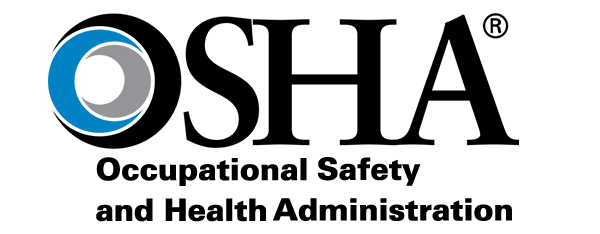The Keating-Owen Child Labor Act, a law passed to protect labor rights. This act prohibited any manufacturer from participating in commerce until they had 30 days of production without the use of children (under 16), children 14-16 working 8+ hours/ week, and any child under the age of 14 working at all. The act also enables inspectors to go into manufacturing plants to seek out firms that disobey this act. The consequences related to disobeying these actions are fines and jail time. The final clause of this law states that it will become in effect 1 year after its passing. While this law lasted for a short amount of time after being struck down via judicial review due to the overstepping of the federal government in regulating commerce, it set an important precedent.

outcry to lessen child labor

OSHA currently does the job that the Keating-owen act tried to do.
outcry to lessen child labor

OSHA currently does the job that the Keating-owen act tried to do.
Comments
Post a Comment